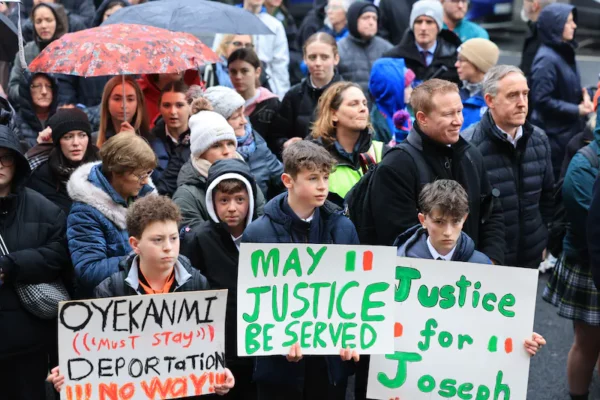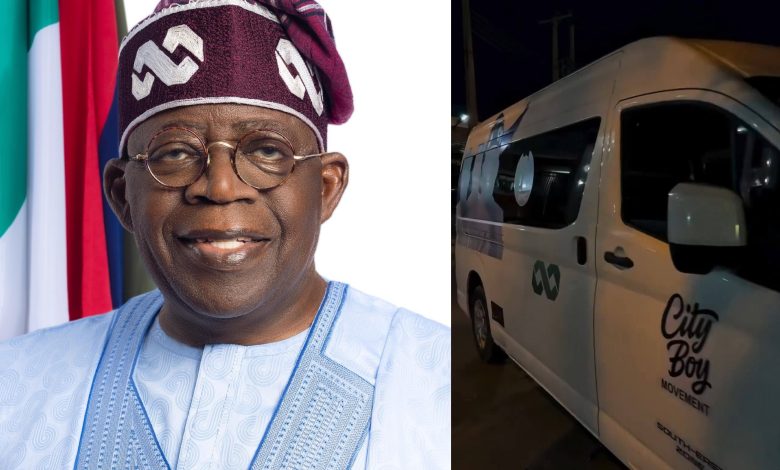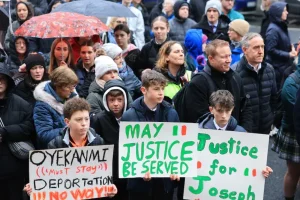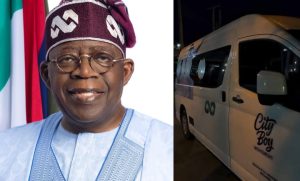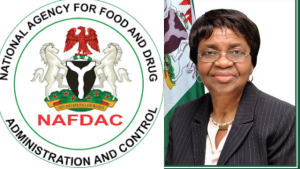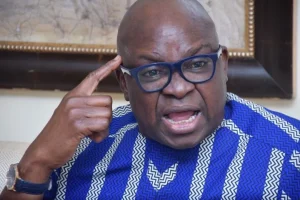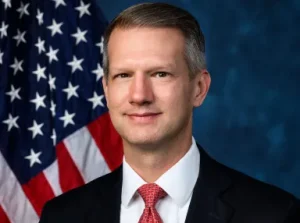Zakir Naik, Islamic preacher wanted by Indian counterterrorism agency for violence, money laundering, arrives Nigeria on Sultan’s invitation
Zakir Naik, a prominent Islamic preacher and fugitive wanted by the Indian counterterrorism agency for inciting religious “disharmony or feelings of enmity, hatred” in his teachings, arrived in Nigeria on Monday, on the invitation of Sa’ad Abubakar, the Sultan of Sokoto.
Mr Naik, 57, became infamous when one of the suspects in the 2016 attack in Dhaka, which resulted in the horrific deaths of 22 people, said the preacher’s teachings had motivated him to kill people.
But his presence in Nigeria—a country fraught with religious violence and the activities of Boko Haram terrorists, predominantly Muslims—has stirred worries that his lectures scheduled for four days across Sokoto, Abuja, and Ilorin may evoke the same emotions in his Nigerian audience to fan the embers of insecurity.
Late Monday, the controversial Islamic preacher uploaded photos of himself posing with officials of the Nigerian Immigration Service and Air Force and captioned them “Interaction with Muslim Immigration,” to the chagrin of many citizens who reminded him Nigeria is not a Muslim nation.
In addition to charging Mr Naik with encouraging terrorism through his teachings, the Indian authorities also charged him with money laundering of $28 million with which he bought opulent properties in Pune and Mumbai in India, and that he had been using his relatives as stand-ins to hoard dubious money. He refuted the allegations.
Enforcement Directorate (ED), the Indian government agency that investigates and prosecutes financial crimes, said the Islamic Research Foundation (IRF), owned by Mr Naik, had received funds from “dubious or suspicious sources”, which he used to buy himself luxury properties in India, build exotic bungalows in Dubai and pay for events where he could make “provocative speeches.”
The Indian ED also said they uncovered shady transactions between his UAE and Indian bank accounts.
In 2010, Mr Naik was banned from entering the UK by then Home Secretary Theresa May on account of his “numerous comments”, which would neither be “acceptable” nor tolerated in the English nation.
“Coming to the UK is a privilege, not a right, and I am not willing to allow those who might not be conducive to the public good to enter the UK.”
Malaysia, where the controversial preacher sought refuge after fleeing his native country, India, also barred him from speaking at public gatherings over incendiary racial comments against Malaysians of Indian and Northern descent in 2019.
Datuk Asmawati Ahmad, then spokesperson for the Royal Malaysian Police, said the order to bar Mr Naik from giving public speeches was issued “in the interest of national security and to preserve racial harmony.”
As of March 2023, Arindam Bagchi, spokesperson of India’s Minof External Affairs (MEA), said the government was working with Oman authorities to extradite Mr Naik.
“Zakir Naik is an accused in numerous cases in India. He is a fugitive from justice. We have taken up the matter with the Government of Oman and Oman authorities. We will continue to take all necessary measures to bring him to face justice in India,” Economic Times quoted Mr Bagchi as saying.
It was, however, concerning that a man whose teachings have been outlawed in three countries due to their propensity to incite violence and hatred toward other non-Islamic religions would be given a platform to speak in Nigeria, a country fighting religious extremism and allocating a significant portion of its budget to counter insecurity.
Also Read: Tinubu, Sultan, others make list of 500 most influential Muslims in the world
Within a few hours of landing in Nigeria, Mr Naik has already courted controversy with his “Muslim Immigration” caption of photos of himself and paramilitary officials. The post on X has over two million views and thousands of reactions, a staggering increase from the mostly low impressions on his account.
The Sultan of Sokoto did not immediately respond to an enquiry about whether or not he knew he was harbouring a wanted alleged criminal in his home.

